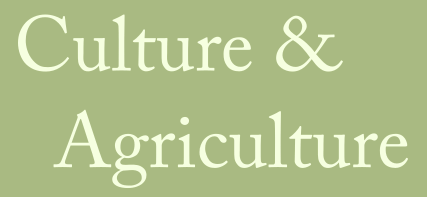AUTUMN OF THE ANTHROPOCENE
““He found himself wondering at times, especially in the autumn, about the wild lands, and strange visions of mountains that he had never seen came into his dreams.” ”
Jessica Barnes has contributed a new entry on gluten to the Lexicon for the Anthropocene Yet Unseen. “Is there something about the current moment that lends credence to the idea that we are changing our world so fundamentally that a grain central to human diets for ten thousand years is no longer good to eat?” In The Conversation, Nick Kawa explores the irony of the Anthropocene.
“Rainbows, Kittens, and Killer Baby Unicorns” @Treinen Farm
It is amidst this strangeness and uncertainty in our food and farmways that we enter the season of corn mazes (see Modern Farmer’s Top Five mazes of 2016 and a case study of the Great Cornish Maize Maze). How are we to navigate this labyrinth of loss and plenty? Feral Theatre perform A Funeral for Lost Species while the foragers at GatherVictoria celebrate the seasonal abundance through the imagery of the cornucopia. Bill Mollison – founder of the permaculture movement and perennial pot-stirrer – is dead at 88 (see Graham Bell’s obituary and the Permaculture Research Institute’s official statement). Perhaps the only place left to turn is the daily tarot card picked by goats at Goat Guidance.
In Jacobin magazine, two graduate students rail against the common notion that food systems can be changed by “voting with your dollar”. Rather, they say, food justice is fundamentally a class war. Another article from the University of Chicago’s business school blog seems to corroborate this – describing the sugar baron Fanjul brothers who are hosting fundraising events for both Trump and Clinton (at last week’s Prairie Festival at the Land Institute, Wendell Berry blamed both conservatives and liberals for the current state of US agriculture). Also see a recent feature on the Resnicks, megafarmers in California who control a significant portion of the state’s water supply. A new study from the National Agricultural Imagery Program shows that conversion of land for almond production in California (the Resnicks are the world’s largest producers of almonds) has led to loss of wetlands, increased stress on pollinators and of course increased water consumption.
Such water shortages in Africa have led to increased risk of conflict, and a recently published report by Lund University links water shortage directly to crop choices and water management by foreign agricultural companies. Their choice of crops “often require more water than the traditionally grown crops” and leases on land “rarely include any rules or limits concerning the use of water”. Is this class warfare? Hard to say. For now, enjoy some goat yoga, and a happy autumn.

